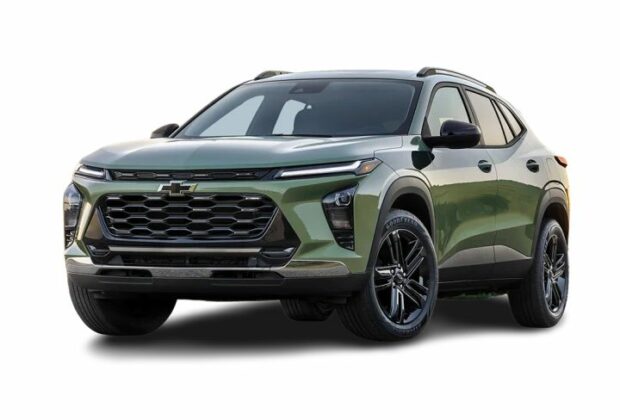Consumer Reports found that while GM’s very popular Chevy brand and several of its top models were marginally higher than the average U.S. automaker, the brand’s reliability rating for cars worldwide was below average.
The CR study, which was released in the final week of November and provides annual dependability rankings for the automotive industry in 2024, places Chevy 20th out of thirty automakers on the list.
Chevy scored 43 on the reliability scale, which ran from 1 to 100 during the assessment. This puts it below both European manufacturers, with an average dependability score of 46 in the research, and Asian automakers, which had an average reliability score of 63. Nonetheless, the Bow Tie performed slightly better than other American brands, which received an overall reliability rating of just 39.
Taking a closer look at certain Chevy nameplates, the Chevy Equinox scored 56, far higher than its parent brand. This sets it apart from lower-tier Asian companies like Hyundai.
Other reasonably dependable vehicles were the Chevy Silverado HD 3500 (42 points), Chevy Corvette (43 points), Chevy Trailblazer (50 points), and Silverado HD 2500 (51 points).
Even though these vehicles did well, there was another group of Chevy nameplates that had dependability ratings lower than the 39 average for the US auto market. These varied from the Chevy Blazer, which had the highest reliability score of 33, to the Chevy Suburban, which had the lowest score of 27. Between the two came the Chevy Colorado, Tahoe, and Silverado 1500.
Due to the weaker reliability of trucks and SUVs, the Bow Tie’s large sales of various vehicle configurations resulted in a lower grade. Across all brands, the average reliability ratings for SUVs, minivans, and pickups were 45, 50, and 41, respectively. Sedans, which are far less common, had an average reliability rating of 57 points, which is ironic given their “often lack of the latest technology and features that can cause problems before the bugs are worked out,” according to senior CR director Jake Fisher.
According to the survey, hybrid cars are the most dependable. These cars have 26% fewer problems than the average internal combustion engine vehicle. Compared to petrol or diesel models, plug-in hybrid vehicles (PHEVs) and electric vehicles (EVs) had a lot more issues. Electric car problems are 79% higher than those of ICE versions, while plug-in hybrid electric cars (PHEVs) have a staggering 146% higher fault rate.
To determine a final reliability score, each vehicle’s twenty possible difficulty areas were graded. Major issues like gearbox, engine, or safety system failures were given more weight than small errors like squeaks, rattles, or sound system malfunctions.
The study employed models from 2020 through 2023 along with a small number of “early” 2024 automobiles, interviewing owners about issues they had encountered while operating their vehicles during the previous 12 months. The data’s findings were derived from the opinions of more than 330,000 cars.






